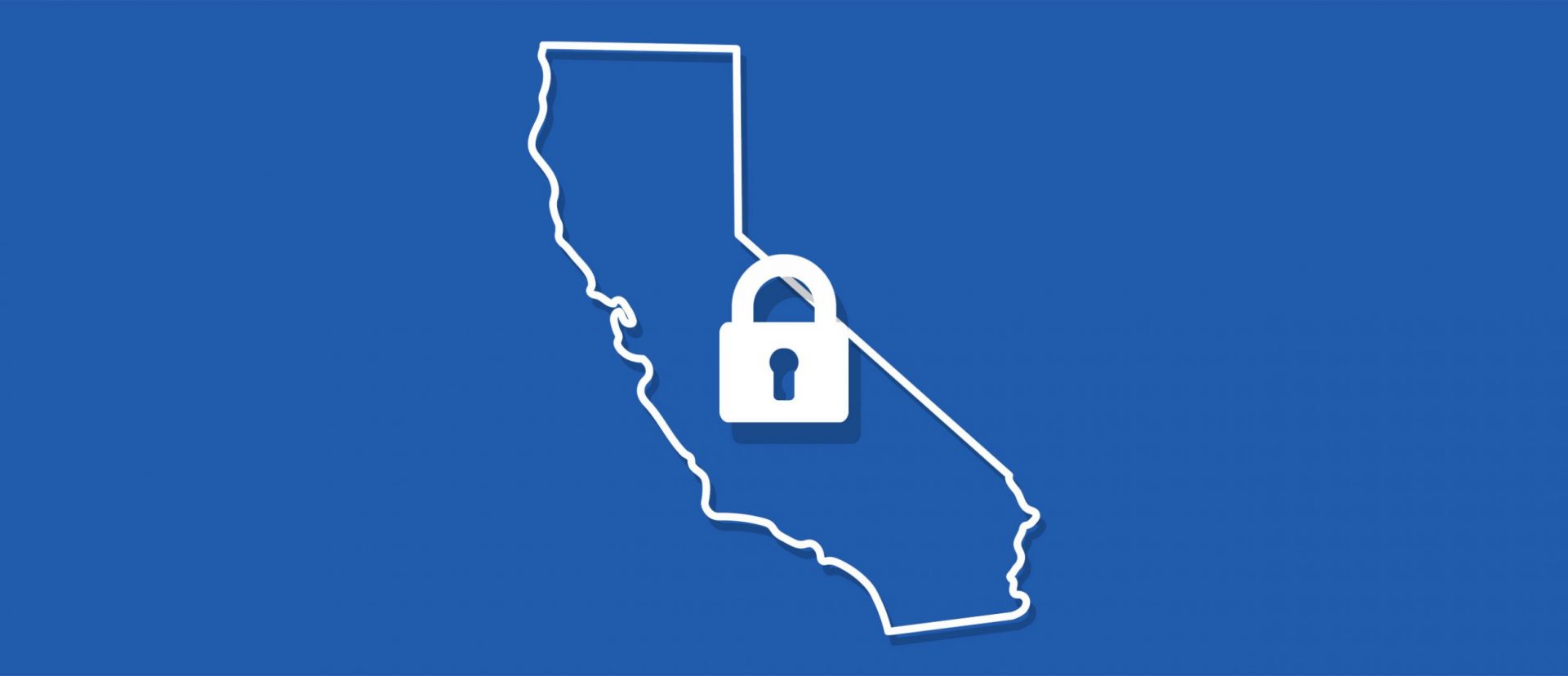Much like how there was debate in the past on whether the goals of antitrust and intellectual property law were incompatible or complimentary, we should anticipate many debates on how the goals of privacy law may affect the way firms compete, particularly when consumers are given a choice of opting in or opting out of providing companies with their personal information and when those choices may be affected by the prices charged and the services offered by those companies. With the passage of the California Consumer Privacy Act (“CCPA”), which went into effect on January 1, 2020, this issue is now front and center. This article provides an overview of the impact the CCPA will have on how businesses calculate the value of consumer data, how consumer choices may affect pricing, and the intersection of privacy law principles and competition.
By Jeewon Serrato & Lawrence Wu1
I. INTRODUCTION
With the passage of privacy laws like the EU General Data Protection Regulation and the California Consumer Privacy Act (“CCPA”), there is increasing debate around whether the goals of antitrust and privacy laws are incompatible or complimentary.2 Privacy laws affect the way firms compete, particularly when consumers are given a choice of opting in or opting out of providing companies with their personal information and when those choices may be affected by the prices charged and the services offered by those companies.
The CCPA, which went into effect on January 1, 2
...THIS ARTICLE IS NOT AVAILABLE FOR IP ADDRESS 216.73.216.60
Please verify email or join us
to access premium content!

